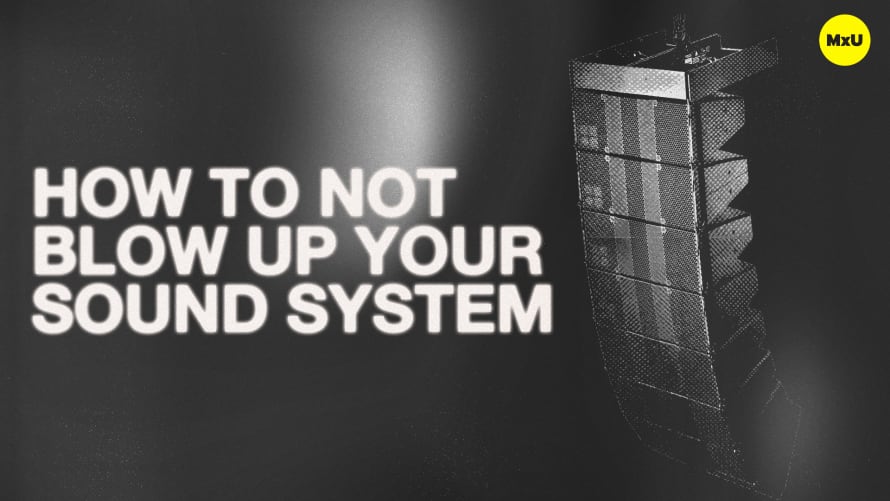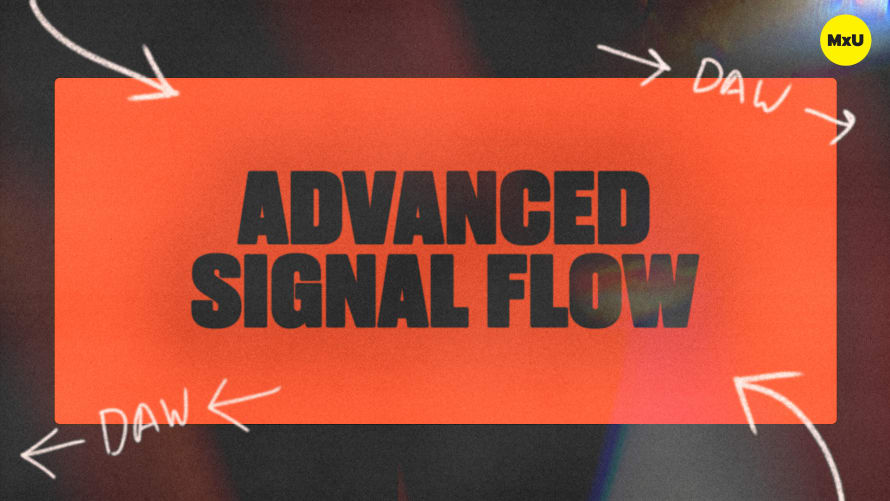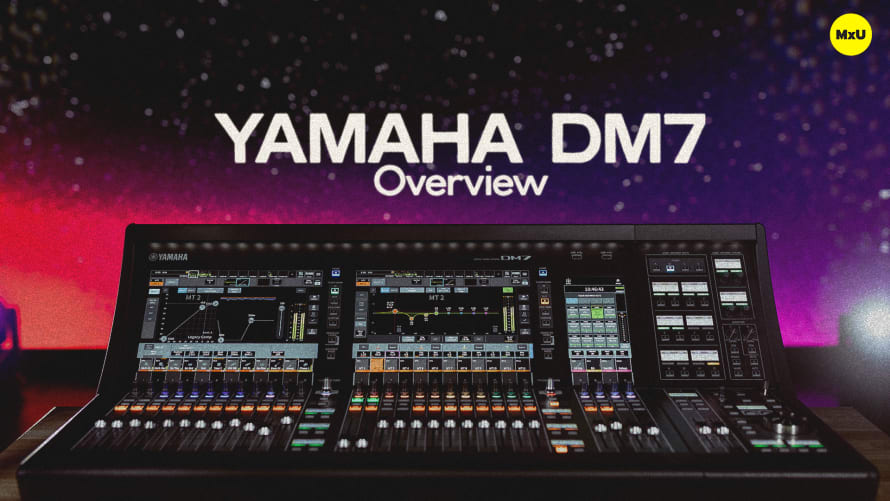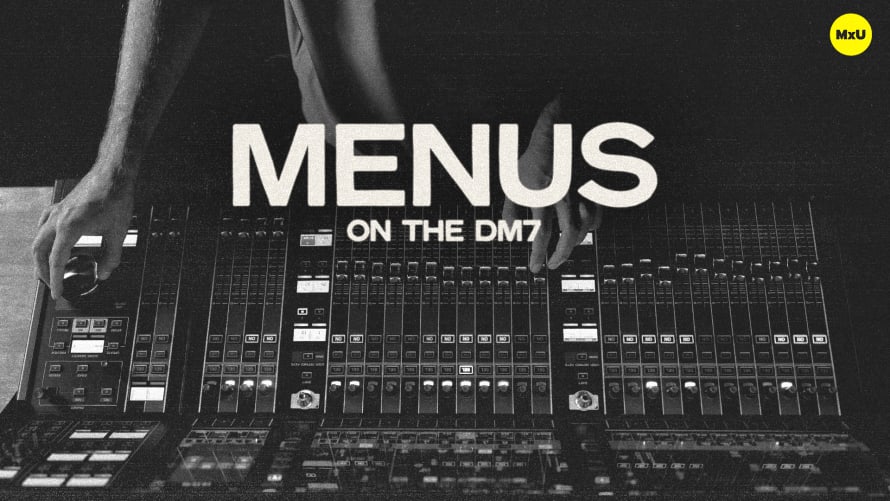
Premium
Sign up to watch How to Not Blow Up Your Sound System and gain access to 500+ more Premium MxU videos.
Team
$99 .95
Per month, billed monthly.
For worship & tech teams
$83 .29
Per month, billed yearly.
For worship & tech teams
- Full course & video library
- Add your team
- Assign training
- Automated training workflows
- Create your own courses & videos
- Multi-campus support
- Organize with groups
Solo
$19 .95
Per month, billed monthly.
Just you, full content library
$16 .63
Per month, billed yearly.
Just you, full content library
- 889+ training videos
- Full course & video library
- Add your team
- Workflows, assignments, create courses & videos
More Premium Videos
How to Not Blow Up Your Sound System
No actions available
You may look at an amplifier and read “1000 Watts” and think you can run an infinite amount of speakers from it. The truth is you can’t and you could blow up your speakers if you do! Jeff and Lee talk with the d&b crew about how to avoid damaging a speaker, and how to know what your speakers can and can't handle.
Key Points:
Key Points:
- Impedance is the amount of resistance that a loud speaker enclosure puts on an amplifier. The impedance of the speaker or speakers must match what the amplifier can deliver.
- The more speakers you connect to the amplifier, the lower the impedance. A low impedance isn’t a good thing! Most modern amplifiers have built-in safeguards to protect them from overload.
- It's important to know what your loud speaker system and amp can handle if you do not want to blow up your system. Even if the amplifier is limiting the signal, you can still damage the speaker by pushing the limiter.
Courses
Topics
Categories
Audio
101
Premium Videos
Nothing added









